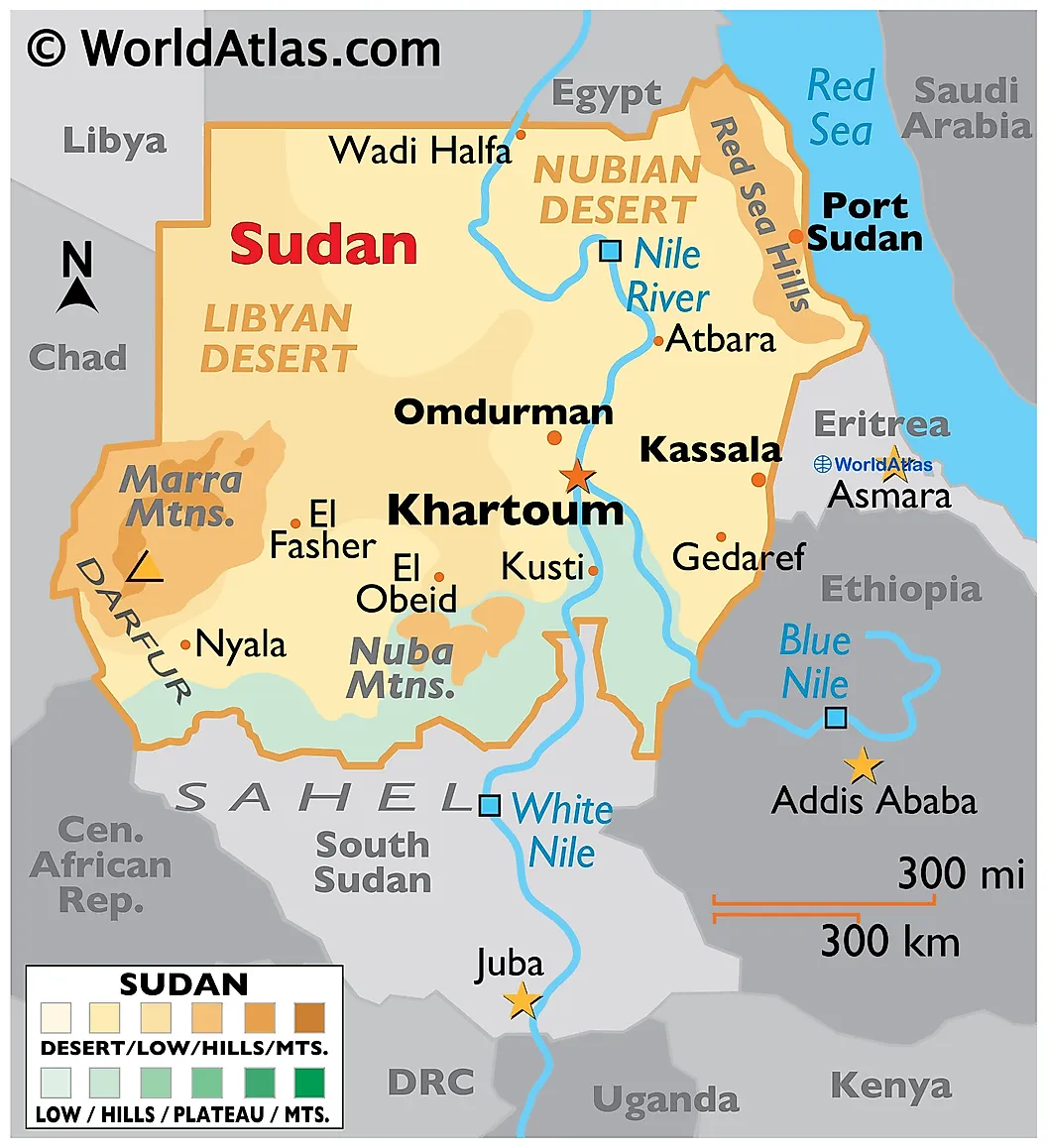"You know, after the U.S. election, I felt the need to write about the world from a different point of view. My feeling was that the second election of Donald Trump had solidified something. It meant that the withdrawal of the U.S. from international institutions, the end of a certain kind of geopolitical world order was now certain."
"You know, when you - when we say end of the liberal world order, which is something that people do talk about in conference rooms in Washington or in Brussels, what does it mean for people who are not from Europe or America? What does it look like? And what does it look like from Sudan, which is a country that the United States actually used to be interested in and cared a lot about? You know, Darfur was a cause that churches and synagogues in the United States used to follow and donate to and think about. There've been a lot of American diplomats - American charities have worked in Sudan. You know, what does the withdrawal of the United States look like from there?"
"No. Neither side is that interested in popular support. They're interested in control of certain key assets, mostly gold mines, control of particular territories, putting their people in territories. That's why you have these - example after example of ethnic cleansing, of people being chased out of neighborhoods or chased out of areas and replaced with other people. It's also why you have so much theft. Both armies, I think particularly the RSF because it's a kind of mishmash of different kinds of people from different places - but both armies, when they go into neighborhoods, they will rob and kind of pillage houses, take furniture, take washing machines. It's also why you have so many examples and stories of rape. You know, women are repeatedly the victims of war crimes, of people going into neighborhoods or to villages or to houses and just committing acts of violence and also acts of sexual violence."

 www.iflscience.com
www.iflscience.com


















